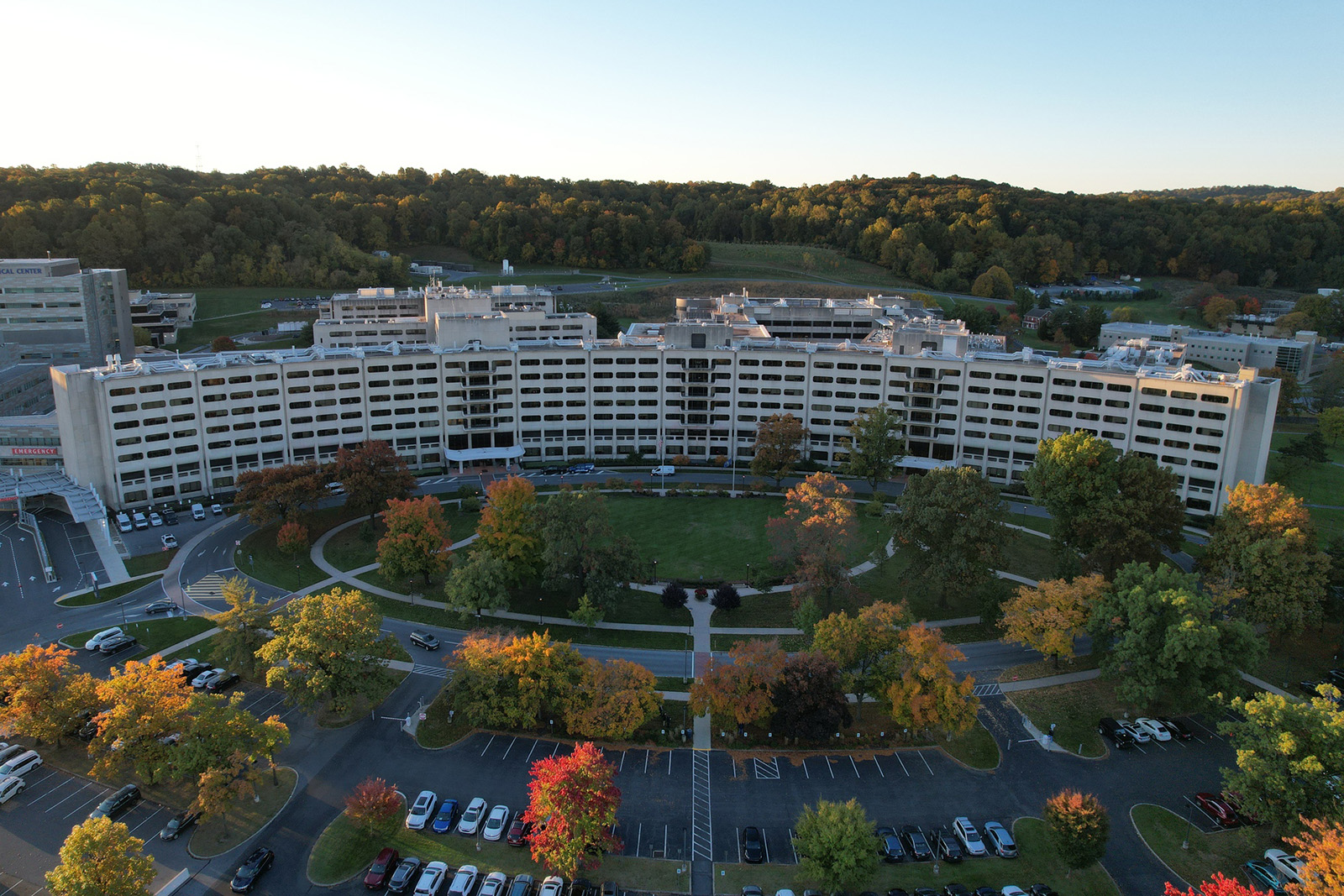College of Medicine receives grant to improve health, environment in disadvantaged communities

Penn State College of Medicine has been selected to receive a $1.19 million pollution-prevention grant to improve human health and the environment in disadvantaged communities across Pennsylvania and New York. A partnership program between Penn State, ISSA – The Worldwide Cleaning Industry Association, and The City University of New York School of Medicine (CUNY Medicine), the College of Medicine is one of 24 recipients across the country selected by the U.S. Environmental Protection Agency (EPA).
“Cleaning products are household items that we each use in our daily lives. What we may not realize is often products have irritants that not only hurt us but also the environment,” said Penn State College of Medicine professor Rebecca Bascom, MD, MPH. “This project will provide education and technical assistance to businesses to ensure the people using the cleaning products can do their jobs safely, regardless of the language they speak or other socio-economic factors.”
EJScreen, the EPA’s Environmental Justice Screening and Mapping Tool, identifies over 3,200 disadvantaged communities in Pennsylvania and over 4,900 in New York. The goal of the project is to work with minority populations in these communities to gain important insights and suggestions for how the Safer Choice program can be successfully implemented.
Penn State College of Medicine’s proposed project will provide technical assistance to business sectors in central Pennsylvania to develop a university-trade association-stakeholder partnership that increases the knowledge, demand, and use of 1,900 Safer Choice labeled products. Technical assistance will include conducting focus groups and stakeholder interviews, designing community-based solutions, and offering Safer Choice training to businesses and end-users.
In New York City, CUNY Medicine’s Community Health and Social Medicine (CHASM) Department will adopt a similar multi-pronged partnership approach to first understand what products are being used by professional cleaning staff in office buildings, hospitals, transit hubs, and residential buildings. The team will then develop a toolkit and training program – in multiple languages – to help custodial personnel understand and advocate for safe cleaning products in their workplaces.
“The Covid-19 pandemic demonstrated how much we need and rely upon custodial staff to keep all of our businesses, healthcare facilities, and wider environment clean and safe,” said Omrana Pasha-Razzak, MD, professor and chair of CHASM. “It is imperative that we also look out for them to ensure that the environments where they work, and the products they use, are non-toxic for their own protection and for that of then environment.”
CUNY Medicine, which received $400,000 to fund this important project over two years, will hire two community engagement staff members and hold stakeholder sessions at its Harlem campus and in other boroughs.
“Healthy buildings, healthy people – this is the vision,” stated Gavin Macgregor-Skinner, MPH, senior director at ISSA. “The built environment is crucial to human health. In the U.S., indoor pollution is estimated to cause thousands of cancer deaths and hundreds of thousands of respiratory health problems each year. In addition, hundreds of thousands of children each year experience elevated blood levels resulting from their exposure to indoor pollutants.
“Everyone in the cleaning industry is excited about this project and that we will build trusted university-trade association-stakeholder partnerships that will include over 500 ISSA member companies from manufacturers, distributors, and building service contractors. Our project will develop community-designed ‘tool kits’ to help people make safer choices and protect the health of businesses, building occupants, and the environment.”
The funding is part of nearly $16 million in pollution-prevention grants made possible by President Joe Biden’s Bipartisan Infrastructure Law’s historic $100 million program investment. The grants enable states to provide businesses with technical assistance to help develop and adopt pollution prevention practices that advance environmental justice in underserved communities while also strengthening economic growth and addressing environmental, public health and social issues that affect their communities.
A complete list of grant recipients and additional information on the program can be found here.
About Penn State College of Medicine
Located on the campus of Penn State Health Milton S. Hershey Medical Center in Hershey, Pa., Penn State College of Medicine boasts a portfolio of more than $150 million in funded research. Projects range from development of artificial organs and advanced diagnostics to groundbreaking cancer treatments and understanding the fundamental causes of disease. Enrolling its first students in 1967, the College of Medicine has more than 1,700 students and trainees in medicine, nursing, the health professions and biomedical research on its two campuses.
About the CUNY School of Medicine
The CUNY School of Medicine was founded in 2016 with a dual mission to increase diversity and representation in medical professions, and address healthcare inequities in New York City and beyond. Located in Harlem, a Health Professional Shortage Area, CUNY Medicine offers an accelerated 7-year BS/MD program to students who are historically underrepresented in medicine. The School grew from the legendary Sophie Davis Biomedical Education Program, which, in 1973, opened to offer an accelerated five-year BS/MS degree that prepared students for the final two years of clinical MD training at partner institutions. In 1978, Sophie Davis incorporated an MS in Physician Assistant Studies that had been established at Harlem Hospital in 1973. Carmen Renée Green, MD, was appointed Dean of CUNY Medicine in October 2021. Under her leadership, the CUNY Medicine earned its full five-year LCME accreditation, the longest timeframe possible for a first-time petition. The School had been provisionally accredited since 2015.
If you're having trouble accessing this content, or would like it in another format, please email Penn State Health Marketing & Communications.
